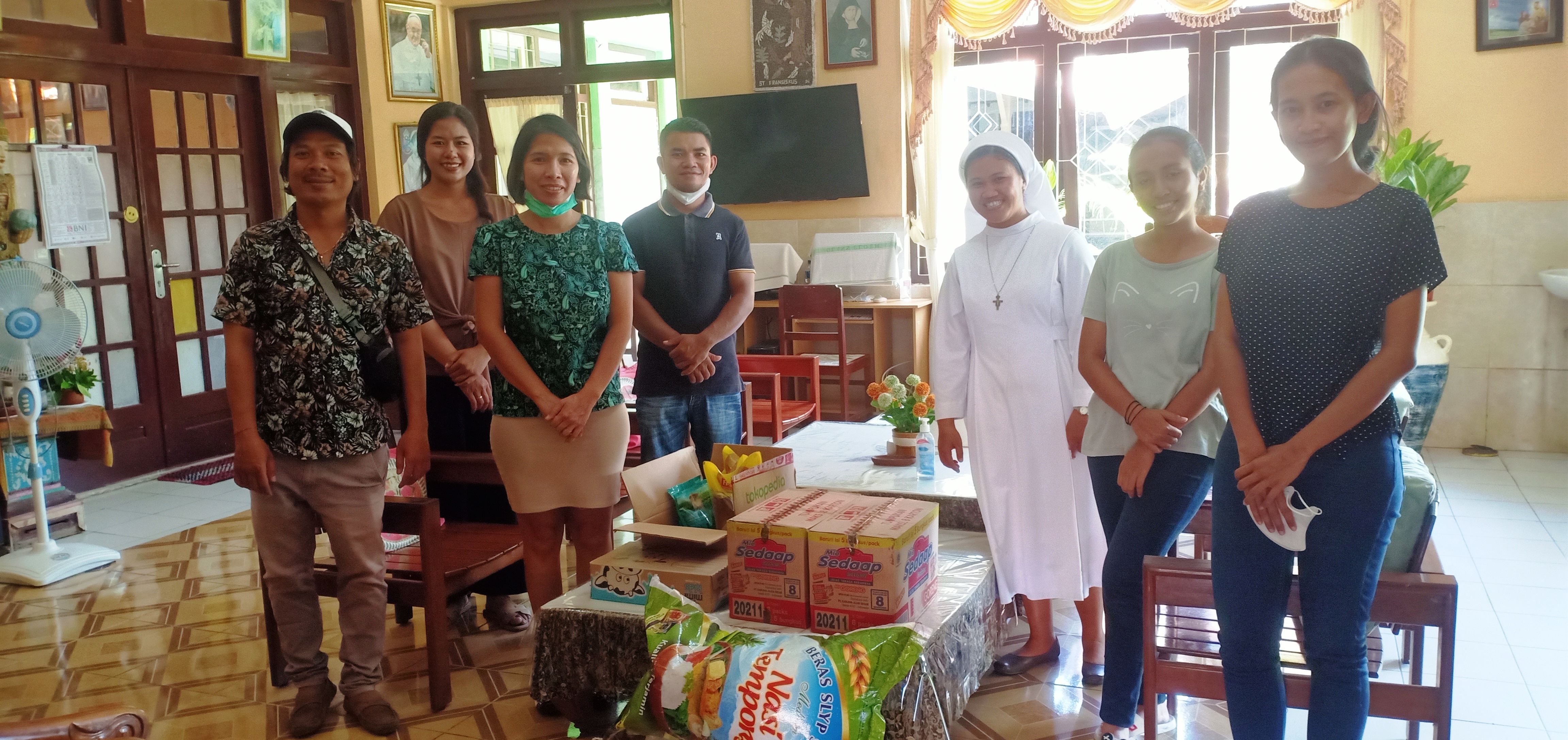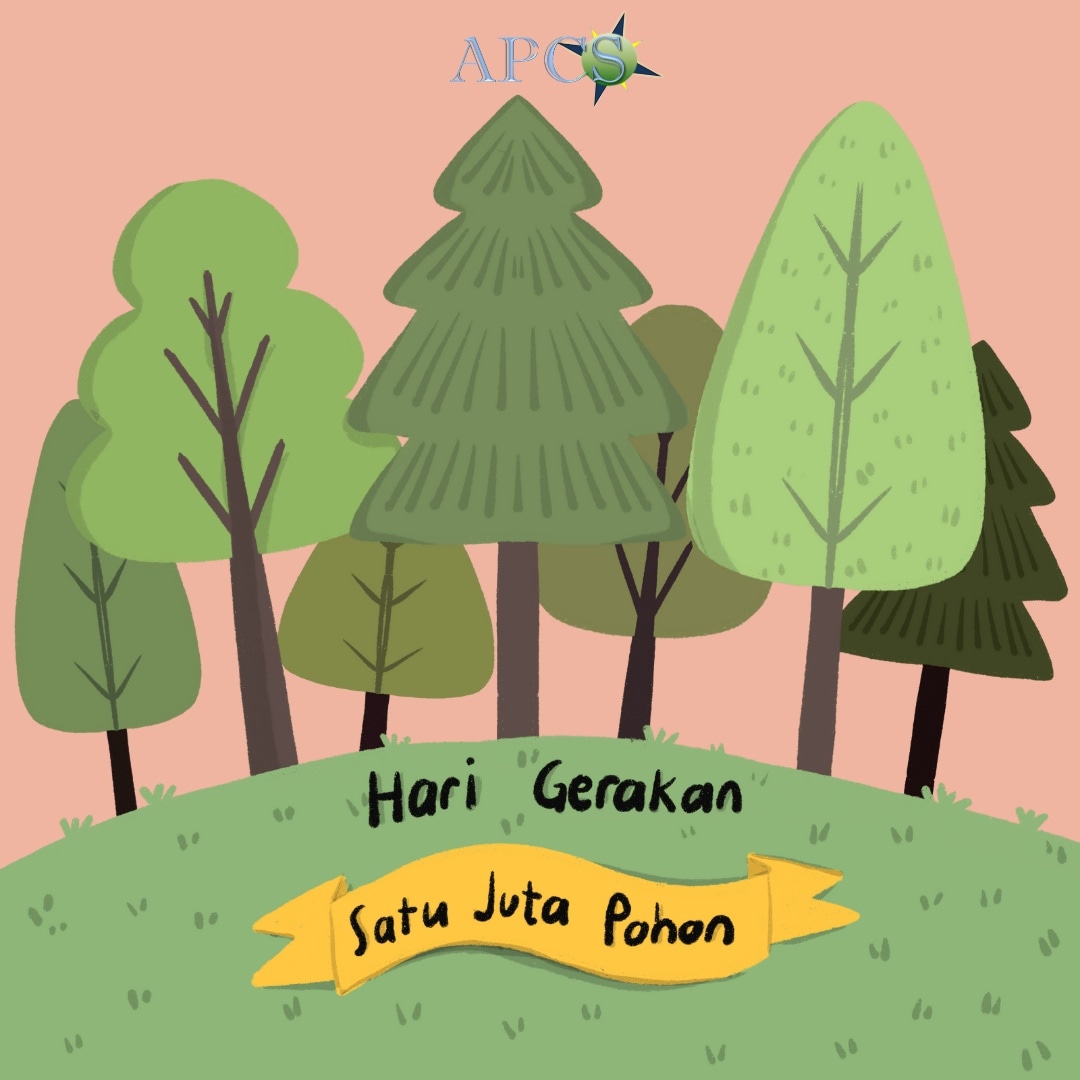
Regional Consultation for Asia-Pacific: Guidelines for the Sustainable Management of Production Forests in Tropical Countries through Forest Concessions in the Context of Agenda 2030

APCS (Asia Pacific Consulting Solutions) had the opportunity to be invited and participate in The Regional Consultation for Asia-Pacific event held in Jakarta, Indonesia. The event was organized by the Ministry of Environment & Forestry Republic of Indonesia in cooperation with FAO (Food & Agriculture Organization) and World Bank's PROFOR (Program on Forest) from Wednesday - Thursday, 12 - 13 July 2017 at UN Office, Jakarta.
FAO is one of the organizations under the United Nations (UN) that is authorized to take care of various matters relating to food in the world and agricultural products. Efforts that have been made by FAO include; Providing education for the community in member States in agriculture and food; Improve production and distribution in agriculture; Maintain and preserve soil and groundwater conditions.
Based on the previous meeting, the Food and Agriculture Organization of the United Nations (FAO), in collaboration with the International Tropical Timber Organization (ITTO), the International Forest Research Center (CIFOR), the Center de Coopération Internationale en Recherche Agronomique pour le Developpement (CIRAD) The World Bank Forest Program (PROFOR), and the Brazil Forest Service (SFB), have been leading the Forest Concession Initiative (FCI) since 2015. As part of FCI, FAO and PROFOR are developing "Guidelines for Sustainable Management of public natural forests In tropical countries through forest concessions in the context of the 2030 agenda ", following up the conclusions of the global workshop" The future of forest concessions and alternative allocation models for managing community forests "
Against this background, FAO and PROFOR agreed to develop the above-mentioned guidelines, to consider lessons learned and positive experiences, as well as the evolving context. In late 2016, the FAO engaged the European Forest Institute (EFI) to undertake further research, including an international expert-survey and regional consultations, aimed at the production of guidelines that are coherent with best practices and country realities, while capturing trends and needs posed by new realities and objectives, such as the Paris Agreement and the Sustainable Development Goals (SDGs).
Based on the work done so far as part of the FCI, the Guidelines in preparation focus on ways to improve policies and practices for a “new generation” of forest concessions by addressing a selection of issues and challenges confronting tropical forest concessions today, clustered into the following themes: governance (policy and institutional arrangements, including means of implementation), socioeconomic aspects (including economic feasibility, markets and socioeconomic benefits), forest management practices (including monitoring) and relationship with forest communities. To actualize the environmental integrity which referring to clean air, natural lands, and the unique plant and animal life are preserved for current and future generations.
Ultimately, it is foreseen that the Guidelines will serve as practical guidance for policy makers, forest investors, forest practitioners and forest communities on how to make forest concessions work for sustainable forest management. With the objective to ensure that the Guidelines will address existing challenges, respond to country needs and resonate with policy-makers, four regional consultations are organized for discussion of the draft document.
Source : Regional Consultation FAO Agenda 2017
http://www.fao.org/indonesia/en/
FAO Indonesia Documentation
Other News
-
 APCS Social Support Action; The Beauty of Sharing
APCS Social Support Action; The Beauty of Sharing
-
 How Can We Protect This Earth
How Can We Protect This Earth
-
 A Million Tree International Day
A Million Tree International Day
-
APCS's 10th Anniversary Celebration
-
 Benefits of Wetlands for Human Life
Benefits of Wetlands for Human Life
-
 Water and Their
Water and Their
-
 Virtual Office Saving The Environment and Business Cost
Virtual Office Saving The Environment and Business Cost
-
 Plastic Pollution
Plastic Pollution
-
 INTERNATIONAL FOREST DAY: A MOMENTUM FOR FOREST FUNCTIONS
INTERNATIONAL FOREST DAY: A MOMENTUM FOR FOREST FUNCTIONS
-
 MANGROVE FOREST EXSISTENCE
MANGROVE FOREST EXSISTENCE
-
 The Famous Kapok Tree from Indonesia
The Famous Kapok Tree from Indonesia
-
 YONGKI IKHTIYANTO AS MANAGING DIRECTOR APCS
YONGKI IKHTIYANTO AS MANAGING DIRECTOR APCS
-
 PT. PANDU MAHA WANA (ASIA PACIFIC CONSULTING SOLUTIONS) AS A NEW MEMBER OF FSC®
PT. PANDU MAHA WANA (ASIA PACIFIC CONSULTING SOLUTIONS) AS A NEW MEMBER OF FSC®
-
 Welcoming FSC® Asia Pacific Policy Manager To Be Located In Indonesia
Welcoming FSC® Asia Pacific Policy Manager To Be Located In Indonesia
-
 FRESH AIR BECOME MORE “EXPENSIVE†BECAUSE OF CARBON, WHY?
FRESH AIR BECOME MORE “EXPENSIVE†BECAUSE OF CARBON, WHY?
-
 Premier Asian Event for Pulp, Paper, Board, Packaging, Print and Corrugated Industries 2016
Premier Asian Event for Pulp, Paper, Board, Packaging, Print and Corrugated Industries 2016
-
 Asia-Pacific Forestry Week (APFW) 2016
Asia-Pacific Forestry Week (APFW) 2016
-
 APHI- TBI International Trade Event 2016 “Indonesian Tropical Hardwood – Sustainable, Quality, Guaranteed “
APHI- TBI International Trade Event 2016 “Indonesian Tropical Hardwood – Sustainable, Quality, Guaranteed “
-
 APCS Celebrates 5 Year Anniversary!
APCS Celebrates 5 Year Anniversary!
-
 Fight Peat Fire With Peat FireX
Fight Peat Fire With Peat FireX
-
 FSC certification yields financial benefits for tropical forest businesses, shows new WWF report
FSC certification yields financial benefits for tropical forest businesses, shows new WWF report
-
 Peat Destruction, Soil Subsidence and Flooding in South East Asia
Peat Destruction, Soil Subsidence and Flooding in South East Asia
-
 APCS experienced the adventure!
APCS experienced the adventure!
-
 Rimba Raya Conservation Audit 2015
Rimba Raya Conservation Audit 2015
-
 Recent News - January 2015
Recent News - January 2015
-
 APCS's High Conservation Value Identification for APP: World's Largest and Most Complex Assessment
APCS's High Conservation Value Identification for APP: World's Largest and Most Complex Assessment